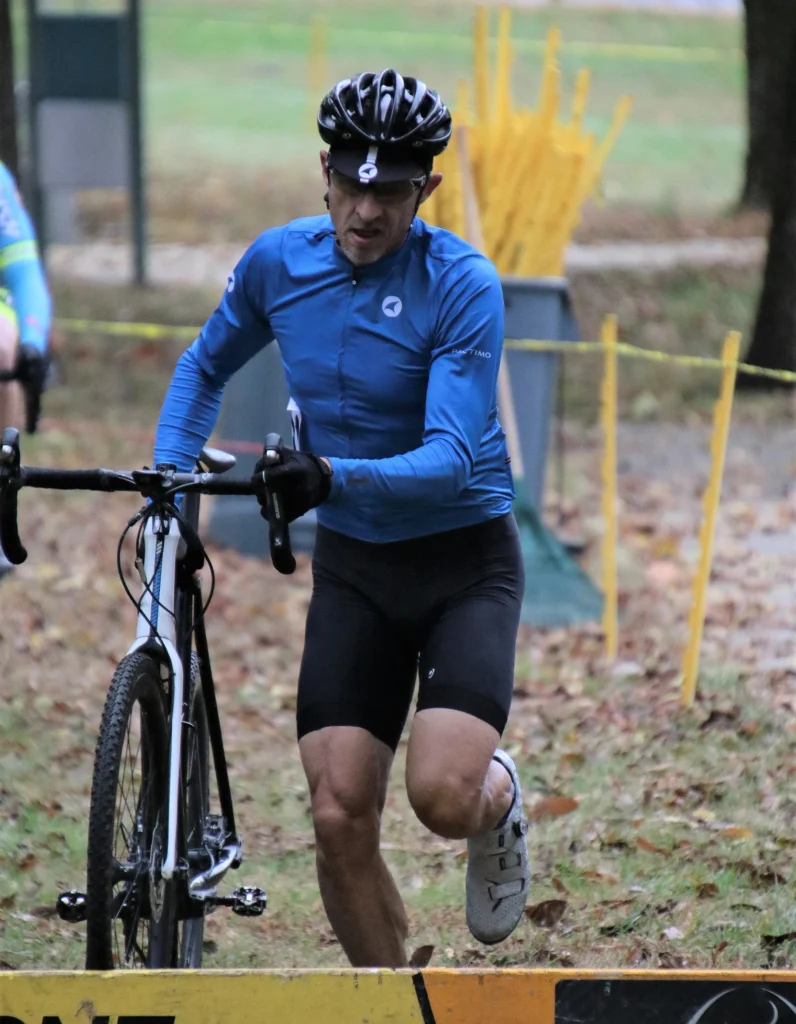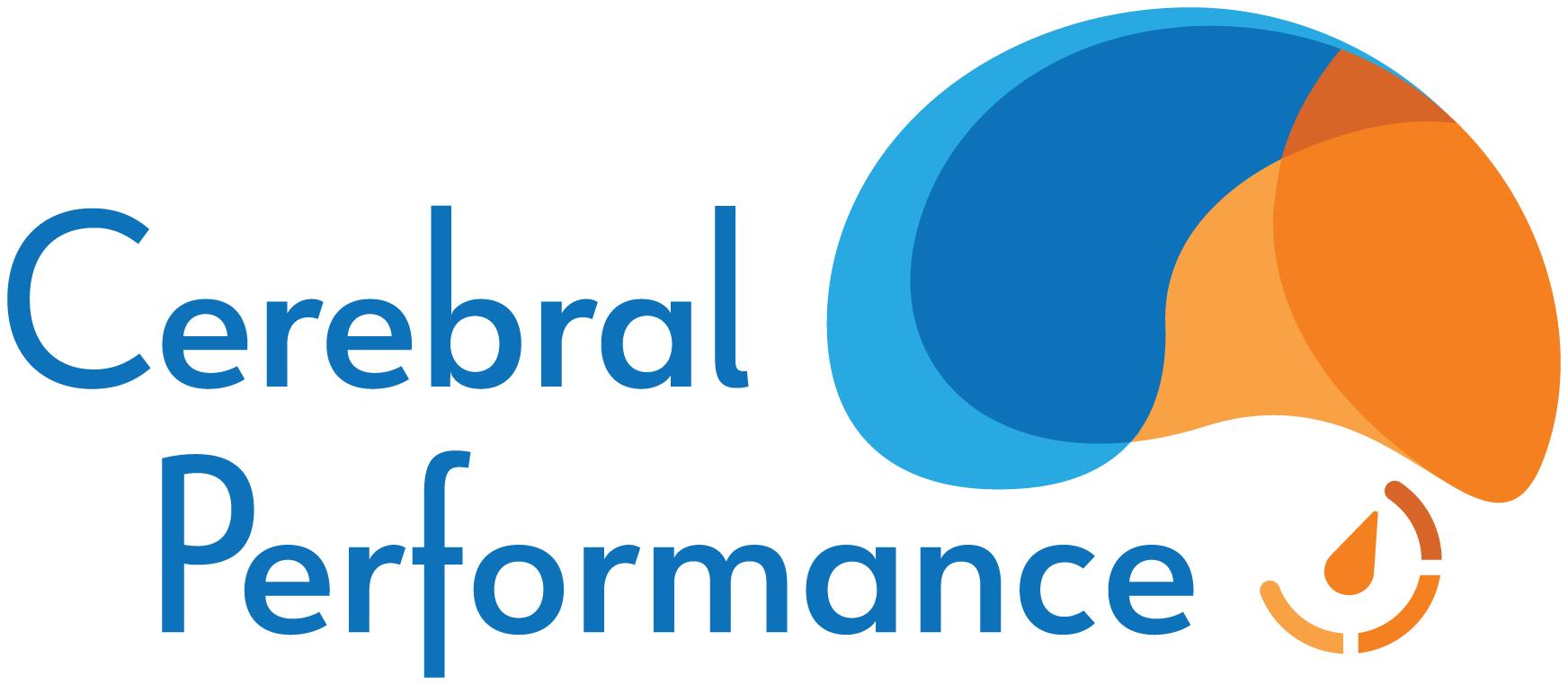About
In 1993, I earned my Ph.D. in Experimental Psychology from Cornell University–an Ivy League institution with the oldest psychology department in North America, and headed off to my first faculty job. Just ten years earlier, I had dropped out of high school due to financial hardships related to my mother’s advancing Multiple Sclerosis. Along the way, I had earned a masters degree from Harvard, and developed a serious running habit. A lot can happen in a decade!
At the time I had no idea, but looking back now through the lens of my expertise in neuroscience and psychology, it is clear to me that my success in navigating some very formidable challenges was not only good luck. Through trial and plentiful error, I stumbled on a variety of techniques and strategies that have proven efficacy in creating habits, increasing motivation, and achieving goals.
After 30 successful years that included producing a significant amount of original research, training numerous young scientists from around the globe, and leading two brain imaging research centers and a PhD program, I elected to leave academia. At the pinnacle of my career, I closed my lab, resigned my position as an endowed Professor of Cognitive Neuroscience, and set off on a new adventure that evolved into Cerebral Performance.
Cerebral Performance grew out of two frustrations. One, is the nearly complete neglect of the brain by traditional sport science (including sport psychology). We act as though everything that matters in performance happens from the neck down, which is demonstrably false. In the modern era, we would never hire a coach that knew nothing about exercise physiology. Yet, the vast majority of coaches and sport scientists are uninformed about the system that is in charge of all behavior, the brain. The other, is my frustration at seeing promising discoveries with direct implications for improving performance fade silently in university libraries. I am convinced that the greatest breakthroughs in athletic performance over the next decade will come from the brain and psychological sciences.
In this third act of my life, I am excited to work with endurance athletes, coaches, and teams who are interested in exploring this fresh terrain. If that sounds like you, check out my coaching page for more information.

My Athletic Life
At age 16, I ran my first race, a 10k sponsored by the local insurance agency in my home town of Chadwicks, NY. Like many enthusiastic new runners, I went out way too optimistically. As I passed the first mile marker and the leaders disappeared over the next hill, I remember thinking “and this is supposed to be fun?”
Thus began my life as an endurance athlete, which now spans a full 42 years of moving regularly through the world under my own power, training, and occasionally competing in various running, triathlon, cross country skiing, and cycling events.
Some Competitive Highlights
By far the greatest rewards of my athletic lifestyle have come in the form of the daily ritual of moving outdoors, and what that habit has taught me about myself. These gifts do not appear in race results.
I have had the pleasure of knowing and training with many truly elite athletes, but have never been one myself.
A sampling of my more humble accomplishments are listed below.
- 2nd Overall Amateur, Wilkes-Barre International Triathlon & Hawaii Ironman World Championships Qualifier, 1995
- 1st Overall, New England Long Course Triathlon Championships, 1997
- 1st 45-49 Age group, X-Terra Trail Running National Championships & World Championships Qualifier, 2010
- 2nd Overall American Birkebeiner 50k Open Skate (cross country skiing), 2023
My Peer Reviewed Science
My research focuses on how the brain plans and controls our actions, as well as how our thoughts and behaviors change our brains through neuroplasticity. In addition to studying behavior, we have employed a variety of techniques for imaging and manipulating human brain activity. This work has involved healthy adults, and individuals who have experienced injuries to the brain or body. Our science is deeply indebted to the many individuals who generously volunteered to participate after life-changing brain surgeries, strokes, amputations and hand transplants.
